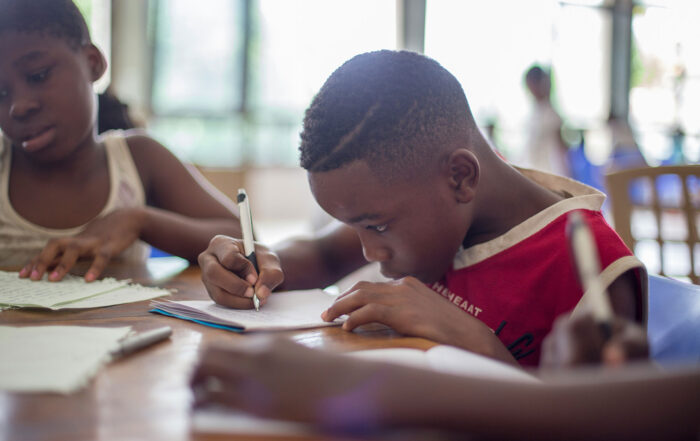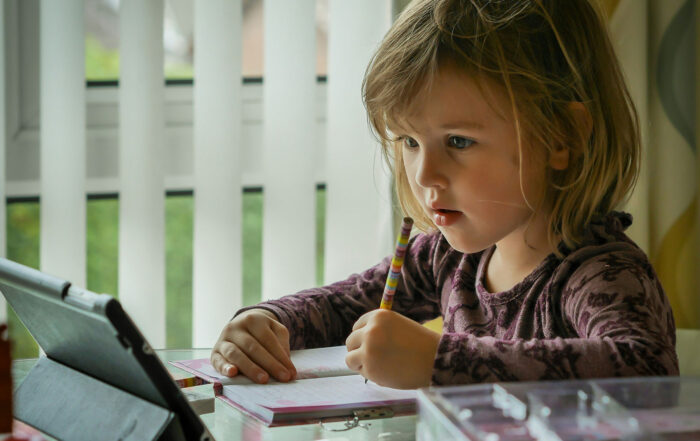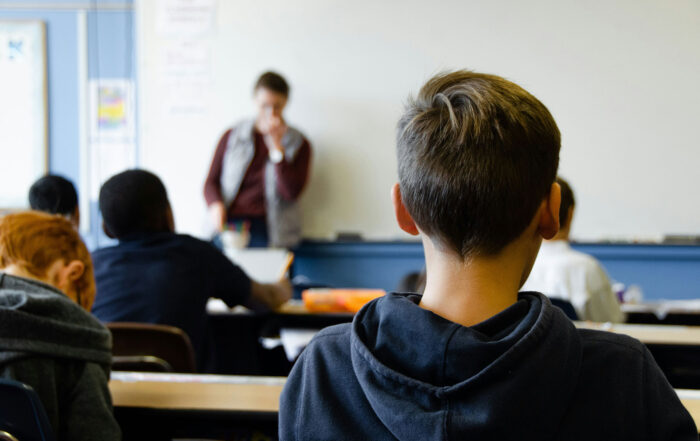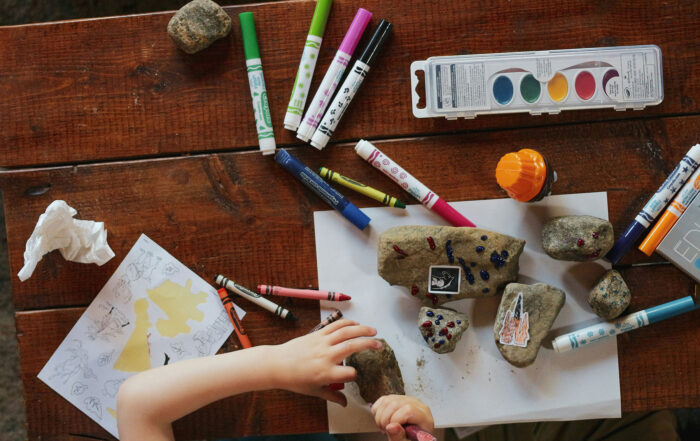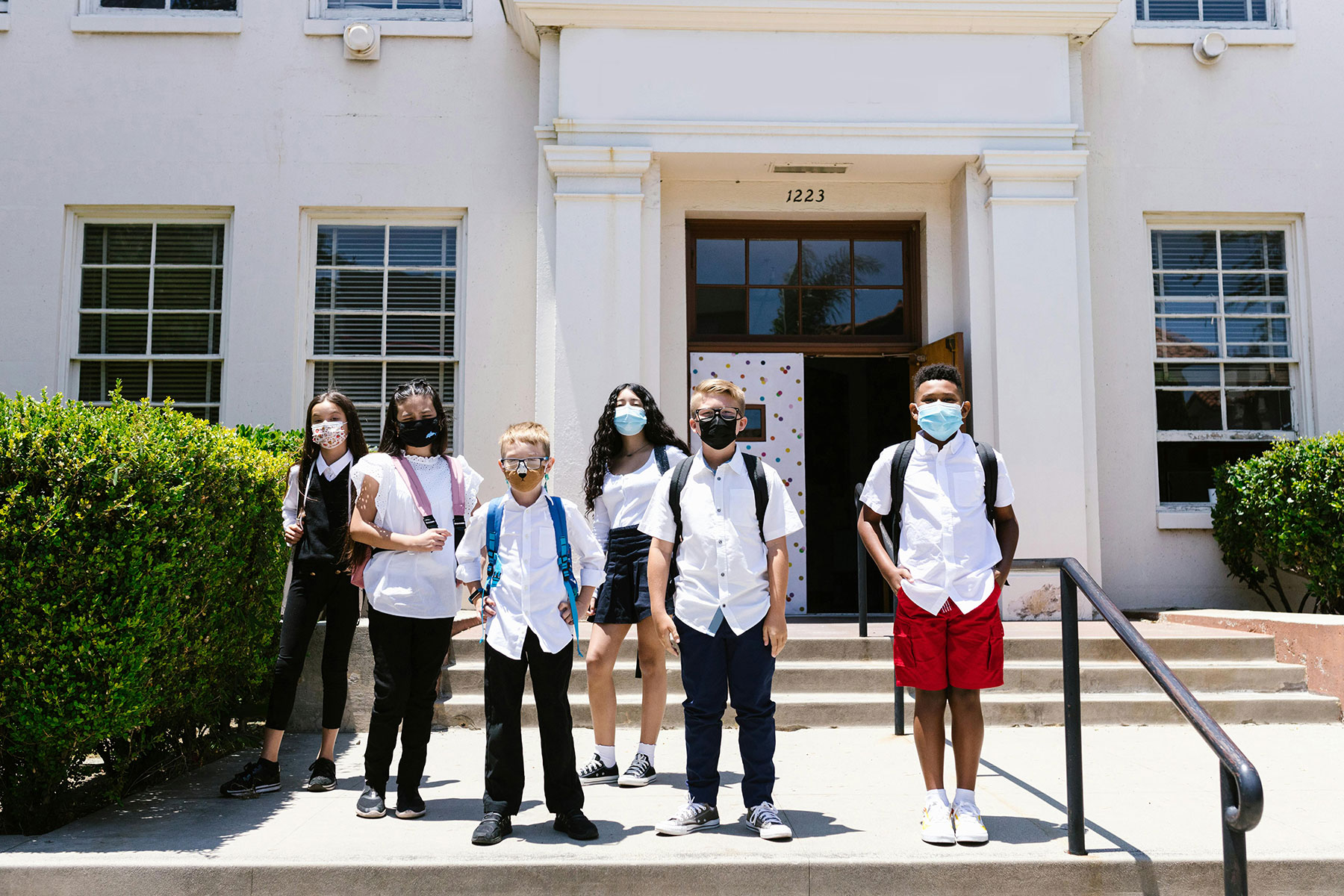
Rosalinda Guzman was inside a bathroom stall at school when something begged for attention.
It was on the door, where the school posts announcements.
“That little tiny piece of paper was just so different from everything else that it really caught my eye,” said the 18-year-old student from Kersey who attends Windsor Charter Academy.
“And it said, ‘Are you feeling stressed? Talk to your counselor. Email here or just walk in.’ And so, I did.”
That was in January when the students came back into school to learn in person.
Rosalinda, who goes by Rosi, has long struggled with anxiety, depression and abandonment issues. She also has trust issues from being bullied when she was younger. She said she’s weathered the ups and downs of the pandemic pretty well. But over the past few months, noticed she’d been feeling guilty about eating.
“It really gets in my head that I have to lose weight and I have to be slim and I can’t gain weight,” Rosi said. “So that makes me just not want to eat and not be hungry and lose my appetite.”
Eating disorders are up across all age groups during the pandemic. The school counselor encouraged Rosi to start journaling what she eats and how she feels about it. An online eating disorder group helped. Rosi feels she’s eating pretty regularly now. Being back in school helped connect her to mental health support. But while kids are at home learning remotely, many haven’t been able to access mental health interventions that might help.
Students’ mental health experiences during the pandemic have been mixed. Some kids are thriving. They like sleeping in a bit more and getting snacks when they want. Others, however, struggle.
Some adults worry about a powder keg of anxiety as more students cycle back into school. Although there’s light at the end of the pandemic tunnel now, some counselors report many children and teens are feeling emotionally, mentally and physically exhausted. It’s unclear right now whether the steps the state and some schools are taking will be enough to meet the need.
Share This Post!
The Effects of Racial Trauma on Mental Health: Deaths Captured on TV and Media
National Alliance on Mental Illness Racial tension is once again at a critical tipping point in the U.S. Many people have asked, “Why now? Why was the death of George Floyd [...]
Behavioral Health Specialists Help Locals Kick the Winter Blues
By Brian D. King Christmas, New Year’s, and the winter months feel blue to many. While the season brings together family, which for many is a source of joy, but for [...]
Penn State Researchers Publish Study on Adolescent Recovery from PTSS
By Melissa Krug Children in the United States may be exposed to a high rate of adverse experiences that result in post-traumatic stress symptoms (PTSS), which can appear as feelings of [...]
Break the Silence; New Intensive Online Program to Help PTSD, Trauma and Anxiety
Purple Heart Behavioral Health This innovative new online program offers treatments that have been scientifically shown to be effective in helping people overcome these difficulties. Clinically proven treatments delivered conveniently through [...]
Adults With a History of Childhood Trauma Can Benefit From Recommended Depression Treatments, Contrary to Current Theory
The Lancet Psychiatry, neurosciencenews.com Patients with major depressive disorder who experienced trauma during childhood see symptom improvement following psychopharmacological intervention, psychotherapy, or a combination of both. The results of a new [...]
Post-Traumatic Growth: What You Need to Know
by Nicole McDermott Trauma—either as a one-time event or prolonged exposure— can cause a wide range of mental health issues including flashbacks, sleep disturbances, anxiety, grief and substance misuse. Healing from [...]


